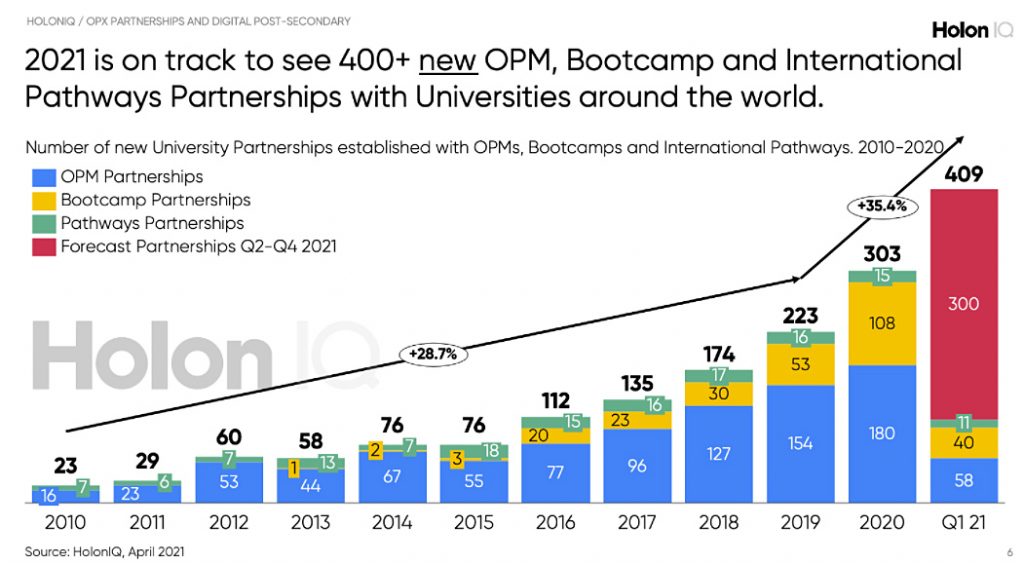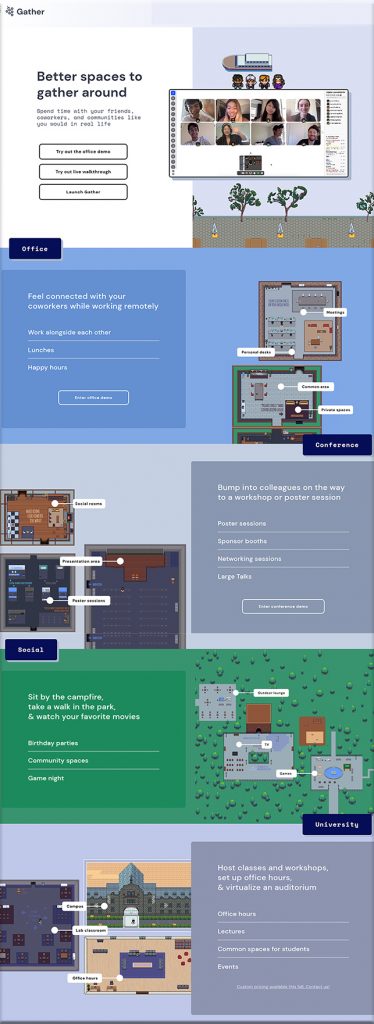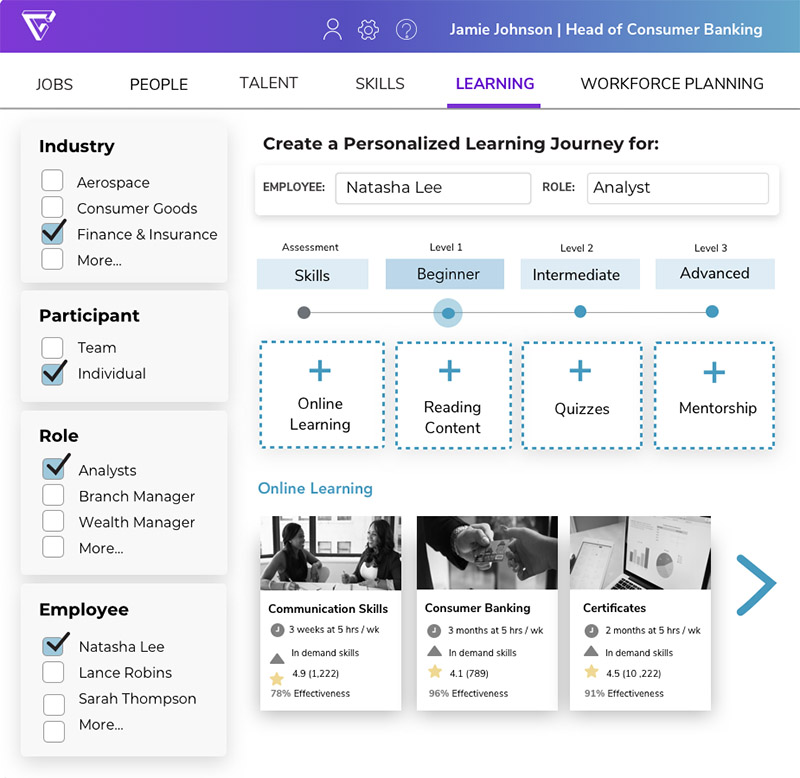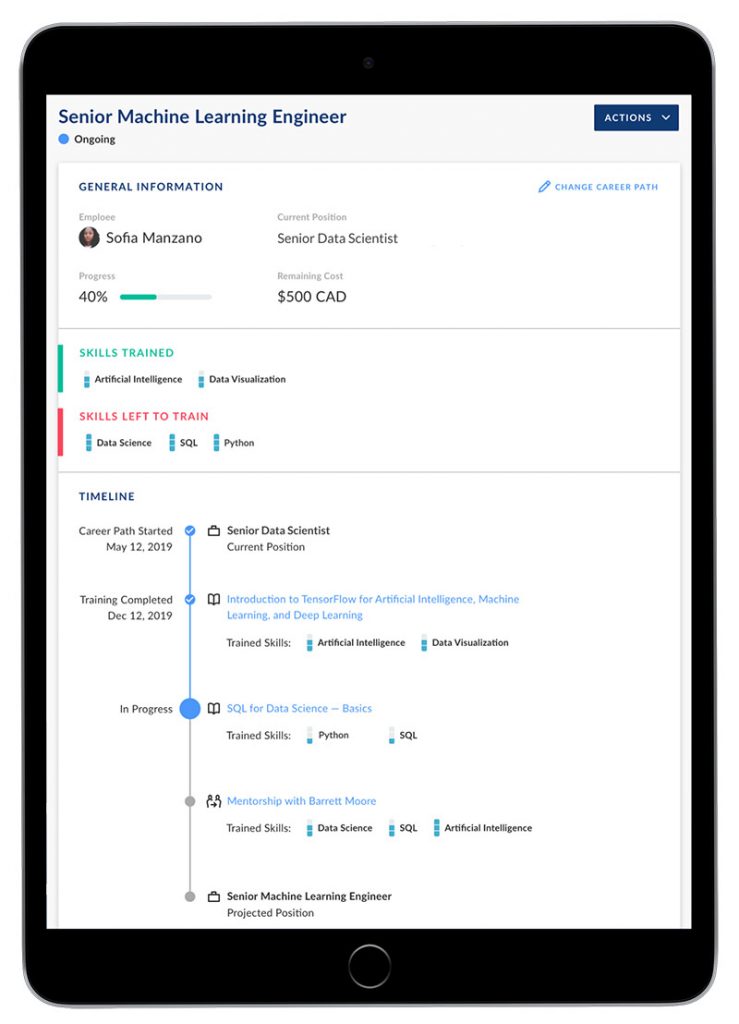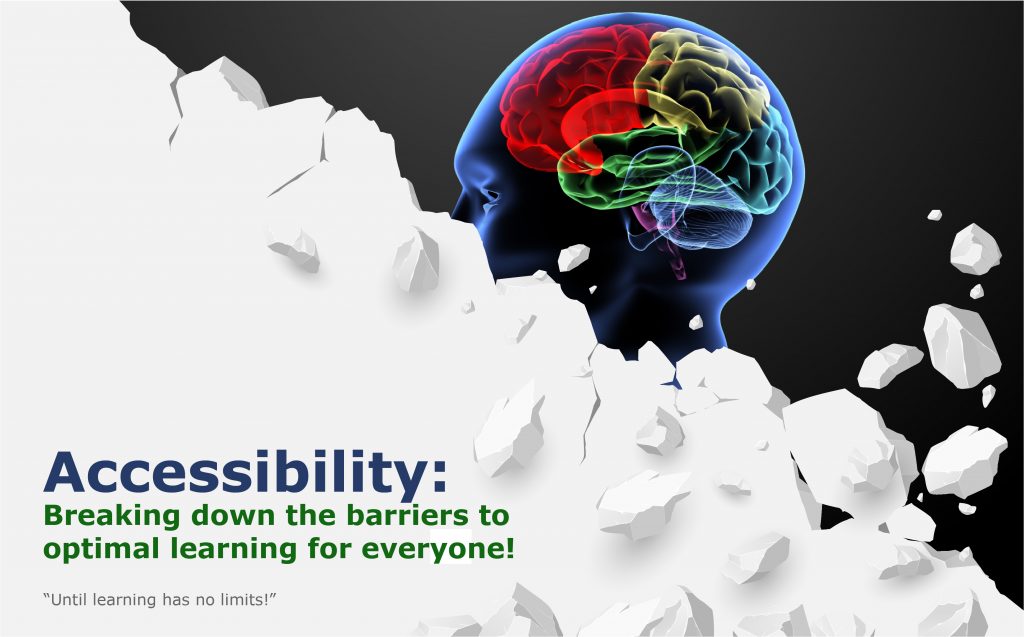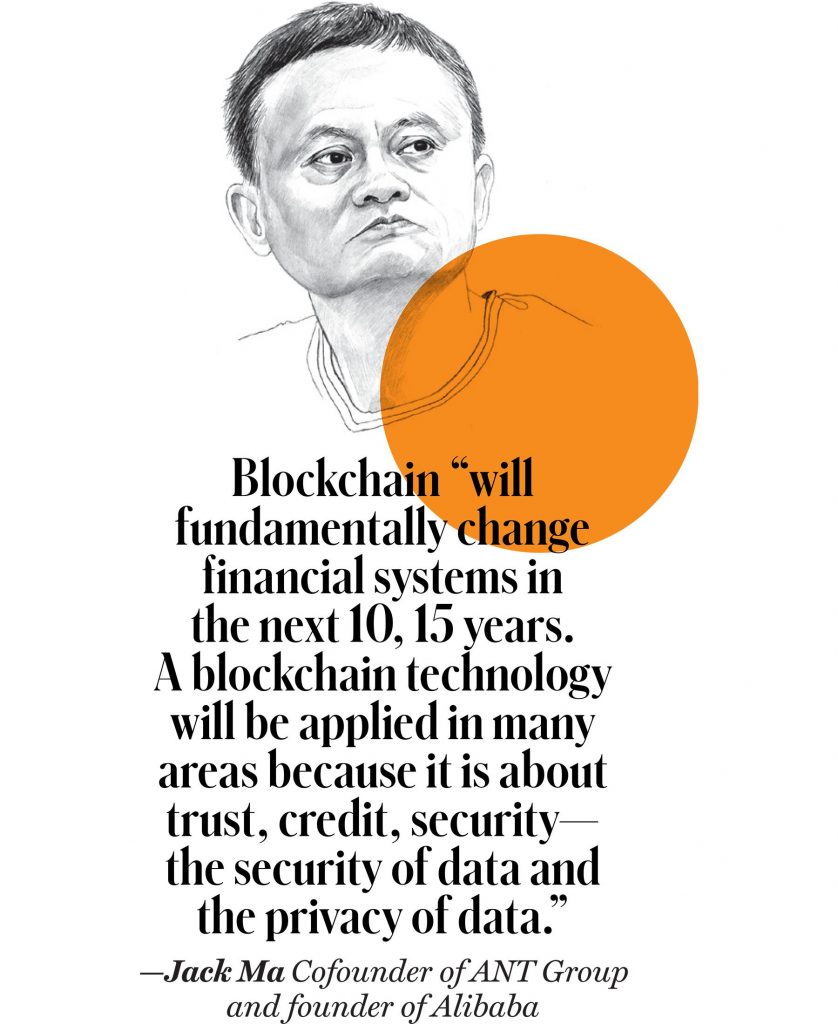3 Best Practices for Tackling Tech Trends in the Legal Field — from by Heather Thomas
Law firms cannot be idle and ignore technology; they must find ways to use tech that matters and be aware of tech that could be relevant.
Excerpt:
Despite some of the early advantages seen from recent legal technology adoption, most law firms prefer to tread cautiously. The key, then, is finding simple ways to keep up with trends and use technology, without creating unnecessary dependencies or unforeseen issues. Three best practices for law firms wanting to strategically incorporate tech trends into their practices include verifying compliance, augmenting processes and filling gaps, and outsourcing processes to legal vendors.
Also see:
Legal technology start-up JUSTLAW notches an impressive milestone — from einnews.com
Excerpts:
NEW YORK, NY, UNITED STATES, April 13, 2021 /EINPresswire.com/ — Launched in 2020 in the face of the worst pandemic in a century, legal tech startup JUSTLAW set out with the lofty vision to give ordinary Americans access to top attorneys on a 24/7 basis. It’s working. The number of small businesses enrolled in its small business legal protection plan just surpassed 1,000.
JUSTLAW’s proprietary “Peace of Mind 365” inverts the traditional practice of law. Instead of waiting to react to legal issues – just as we did with medical issues in the stone ages – JUSTLAW takes a tech-enabled, proactive approach to identifying, managing and mitigating potential risks. JUSTLAW lets companies connect with lawyers over the web, via SMS, video or phone. Their small business legal protection plans — which start at less than $10 a week – allow companies to match with a lawyer who is in their jurisdiction, has expertise in the problem they’re dealing with and has availability when the owner needs to talk.
